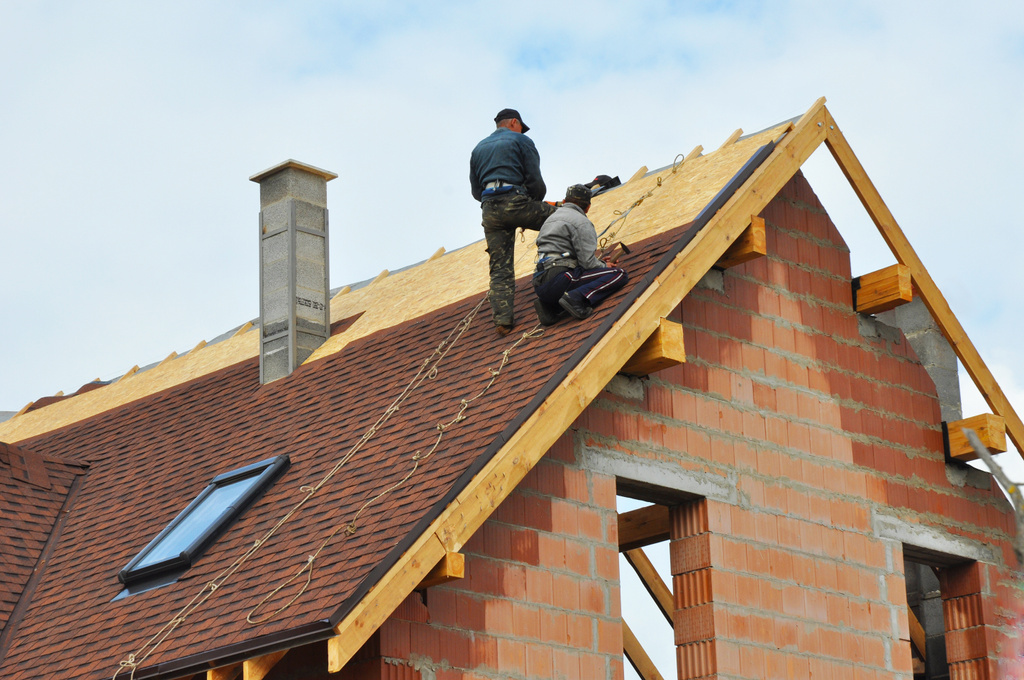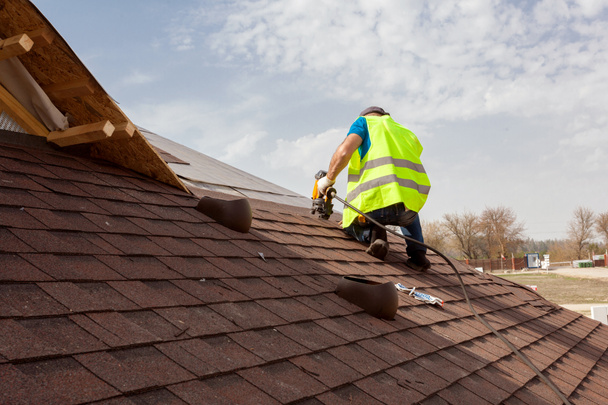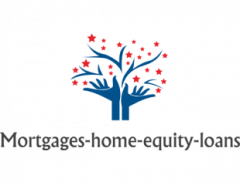The roof of a home is its first line of defense against the elements. In Pennsylvania, where harsh winters and unpredictable weather conditions prevail, a sturdy and well-maintained roof is essential to protect homeowners and their investments. A roof inspection is a crucial aspect of home maintenance, offering homeowners the peace of mind that their roofs are secure, durable, and capable of withstanding the rigors of time and nature.

This article delves into the significance of roof inspections in Pennsylvania, the benefits they offer, and the steps involved in thoroughly examining residential rooftops.
Importance of Roof Inspections in Pennsylvania
Pennsylvania’s climate is characterized by hot summers, cold winters, and occasional severe weather events, such as thunderstorms and heavy snowfall. These weather patterns can cause extensive damage to roofs if not properly maintained. Routine roof inspections are essential in identifying early signs of deterioration, leaks, or weak spots, allowing homeowners to address issues before they escalate into costly repairs.
Moreover, an adequately inspected and maintained roof can significantly increase the overall lifespan of a home. Roofs exposed to regular harsh weather conditions may suffer from accelerated wear and tear, which, if unchecked, can lead to costly roof replacements. Regular inspections can extend the life of a roof and save homeowners significant expenses in the long run.
Benefits of Regular Roof Inspections
- Identifying Hidden Issues: Some roof problems are not immediately visible to the untrained eye. Roof inspections carried out by professionals in Pennsylvania can detect hidden issues such as water damage, mold growth, or pest infestations. Early detection allows for prompt repairs, preventing minor problems from escalating into major ones.
- Ensuring Safety: A compromised roof can pose significant safety risks to the occupants of a home. Loose shingles, damaged flashing, or weakened structures can lead to accidents or injuries. Regular inspections ensure that the roof is in good condition, providing a secure environment for residents.
- Enhancing Property Value: A well-maintained roof not only protects the home but also adds value to the property. When it comes time to sell, potential buyers will be more confident in purchasing a home with a reliable and well-inspected roof, which can lead to better offers and a quicker sale.
- Insurance Requirements: Some insurance providers may require proof of regular roof inspections to maintain coverage. By adhering to these guidelines, homeowners can avoid potential disputes with insurers and ensure that their properties are protected.
- Energy Efficiency: A properly insulated and maintained roof can improve the energy efficiency of a home. Inspections can help identify areas where heat or cool air may be escaping, allowing homeowners to take necessary steps to improve insulation and save on energy costs.
Steps Involved in a Comprehensive Roof Inspection
A thorough roof inspection involves several vital steps to ensure a comprehensive evaluation:
- Exterior Inspection: The inspection process starts from the ground, where professionals examine the overall condition of the roof from different angles. They look for signs of wear, missing or damaged shingles, algae or moss growth, and sagging areas.
- Attic Examination: Next, inspectors access the attic to check for proper insulation and ventilation. Improper attic conditions can lead to moisture buildup, which can compromise the integrity of the roof structure.
- Roofing Materials Assessment: Inspectors assess the type and quality of roofing materials used. Different roofing materials have varying lifespans, and understanding their condition is crucial in determining potential replacement needs.
- Flashing Inspection: Flashings are metal pieces that seal joints and prevent water intrusion. Inspectors pay close attention to the flashing around chimneys, skylights, and vents, as these areas are prone to leaks.
- Gutter and Drainage Check: Gutters and downspouts play a crucial role in directing water away from the roof and foundation. Inspectors ensure that these components are clean, free from debris, and adequately functioning.
- Structural Evaluation: The inspection includes assessing the overall structural integrity of the roof, and checking for signs of sagging wood rot, or insect damage.

In Pennsylvania, where homeowners face a variety of weather challenges, a well-maintained and durable roof is essential for the safety and protection of their properties. Regular roof inspections offer numerous benefits, including early detection of issues, enhanced property value, improved safety, and increased energy efficiency. By understanding the importance of roof inspections and following the necessary steps, Pennsylvania homeowners can ensure their roofs remain strong and reliable for years to come, protecting their families and investments from the elements.
Learn more at Wiki as well.

